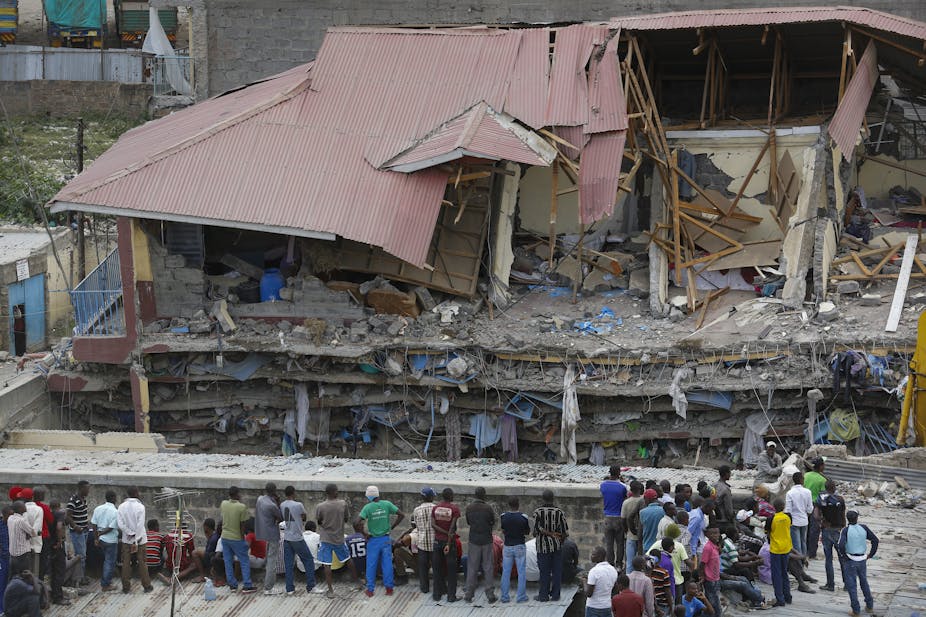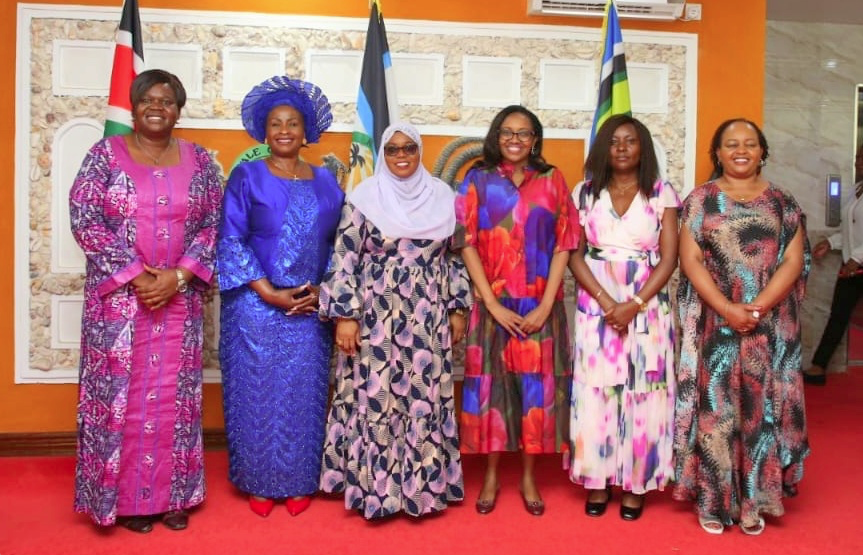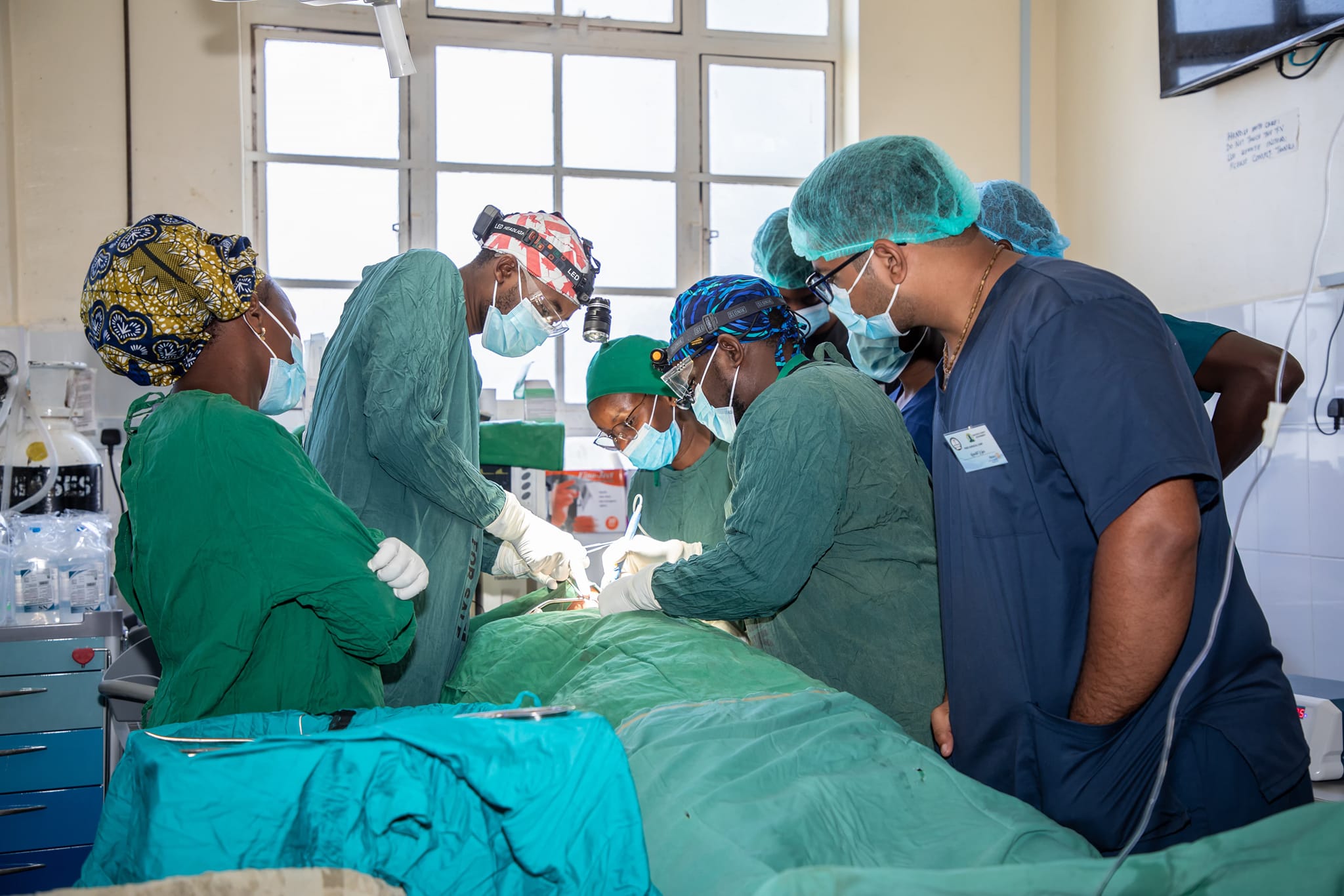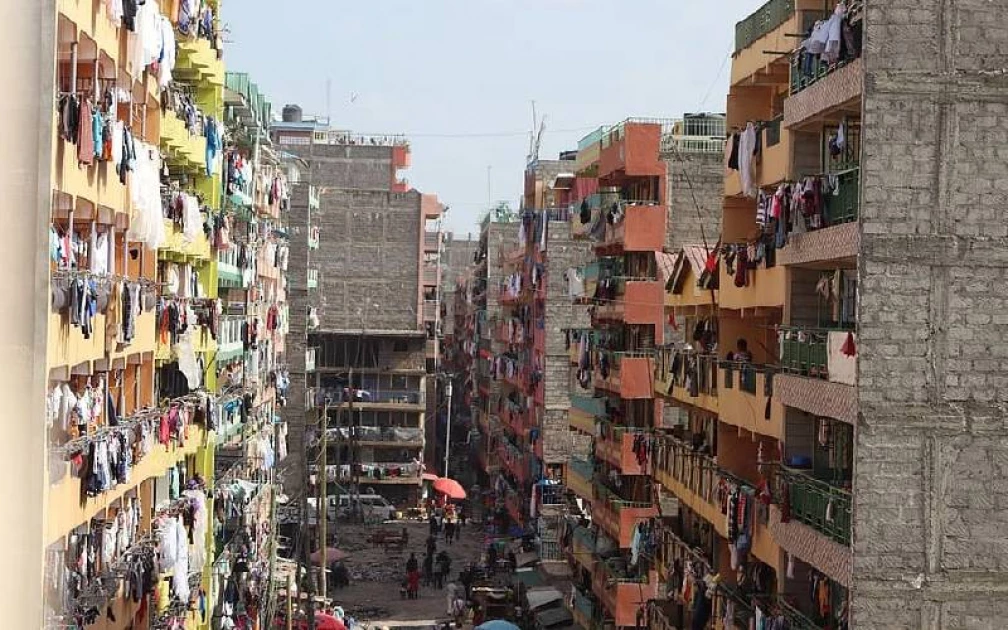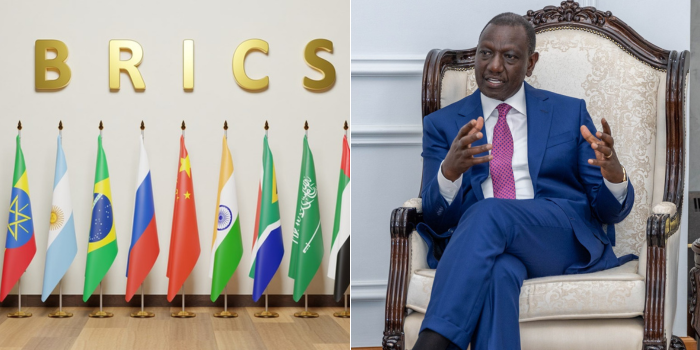When the Pen is Mightier: How Journalists are the Frontline Fighters Against Corruption
This article emphasizes the critical role of investigative journalists in combating corruption, particularly in Kenya. Highlighting the personal risks faced by journalists, such as intimidation and violence, it chronicles the journey of reporters who work tirelessly to uncover corrupt practices and advocate for accountability. By weaving compelling narratives, collaborating with civil society, and utilizing social media, they amplify their impact and engage the public in the fight against corruption. Ultimately, the article underscores the importance of journalism as a powerful tool for transparency and social justice.

Introduction
In the age of information, where stories abound at the click of a button, the role of journalists transcends mere reporting. They are the watchdogs of democracy, unraveling the tangled web of corruption that often lies hidden beneath the surface of society. In Kenya, where corruption has been deeply entrenched in the fabric of governance, investigative journalists serve as unsung heroes, wielding their pens as weapons against abuse of power, fraud, and impunity.
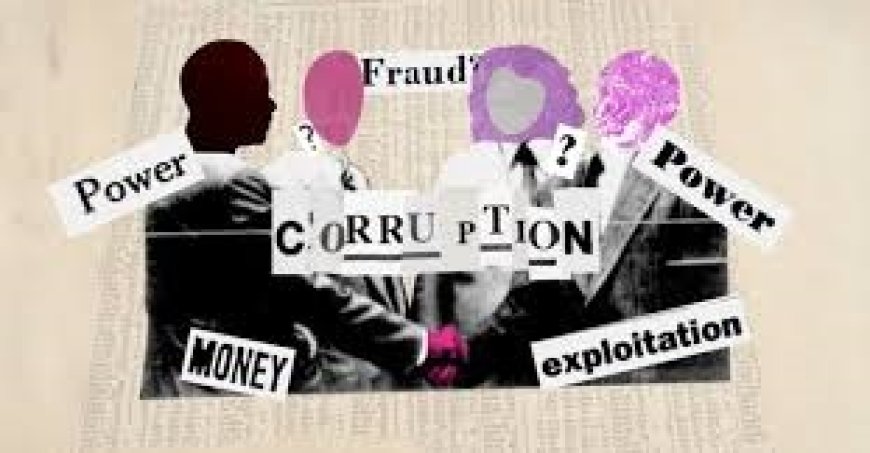
The Risks of Truth-Telling
The pursuit of truth is not without peril. Kenyan journalists like Lipton K. Karanja and his colleagues often find themselves navigating a precarious landscape where their safety and freedom are constantly threatened. In the wake of exposing corrupt practices, many have faced intimidation, physical assaults, and even death. The high-profile assassination of journalist and corruption investigator, Ahmed Abdisalam, serves as a grim reminder of the risks involved in uncovering the truth. Yet, this danger does not deter them; instead, it fuels their resolve.
Chasing the Lead-A Day in the Life of an Investigative Journalist
Imagine waking up at dawn, fueled by coffee and a burning desire to unearth the truth. Journalists often embark on long days filled with interviews, public records requests, and combing through documents that reveal the shady dealings of the powerful. Take the case of Anna, an investigative reporter who spent months unraveling a story about misappropriated funds in a local health project. Her relentless pursuit started with an anonymous tip-off that led her to dusty archives and countless interviews with whistleblowers who feared the repercussions of going public.
As she pieced together the evidence, Anna learned to navigate the intricacies of the bureaucratic systems that sought to protect the corrupt. She became fluent in the language of corrupt practices, understanding how money shifted hands and how projects that were supposed to serve the community were instead siphoned off for personal gain. Anna’s insights often held a mirror to society, demonstrating not just individual failings but a systemic collapse.
Creative Storytelling as a Tool for Change
In the fight against corruption, storytelling plays a crucial role. Journalists like Anna have mastered the art of visual storytelling, using compelling narratives to engage the public and drive home the urgency of the issues at hand. Rich with anecdotes and human experiences, their reports transform dry statistics into poignant stories that resonate with citizens. “If you can evoke emotion, you can spark action,” Anna says. She understands that outrage is a catalyst for change, motivating communities to demand accountability from their leaders.
Social media platforms have amplified their reach, enabling journalists to bypass traditional gatekeepers and engage directly with the public. Hashtags, viral stories, and captivating visuals have all become tools in their arsenal, piercing through the apathy surrounding corruption. As Anna notes, “A share or a retweet can help turn a whisper of dissent into a deafening roar.”
Building Alliances-Cooperation in the Fight Against Corruption
Journalists do not fight alone. They often collaborate with civil society organizations, activists, and fellow media houses, forming coalitions to amplify their efforts. These alliances increase the impact of exposés, empowering citizens and providing them with the resources needed to hold leaders accountable. Campaigns born from collaborative investigations have even led to significant reforms, shedding light on the need for transparency and ethical governance.
What's Your Reaction?







